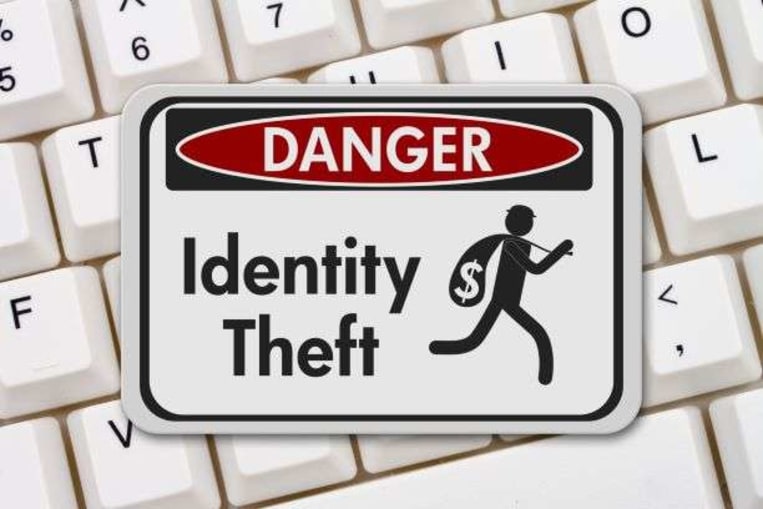
BBB Tip: Preventing child identity theft

Children are over 50 times more likely to have their identities stolen than adults, according to Forbes. Because you may not check your child’s credit report for over a decade, thieves can use their stolen identities for years without being detected. A child’s identity can appeal to scammers due to their clean, blank slate. The scammer can use the stolen identity to obtain fraudulent employment, medical insurance coverage, and dependent child tax exemption. The results of child identity theft can include unpaid debts, difficulty obtaining credit, and high-interest rates on loans and credit cards.
Better Business Bureau wants families to be proactive in fighting fraud. If you’re questioning if your child has been affected, it is crucial to know the signs:
- Your family was turned down for government benefits because of a fraudulent claim by the identity thief
- The Internal Revenue Service (IRS) or Canada Revenue Agency (CRA) sends a letter addressed to the child after missed tax payments/filings
- The child's Social Security number or Canadian Social Insurance Number was used on someone else's income tax return
- The child receives medical service bills, insurance invoices, and other unpaid debt notices
- The child receives pre-approved credit offers, loans, or other financial products
- You are unable to open a savings account or other financial account in your child's name because they already have accounts or debts
To keep your child's identity safe, BBB offers the following advice:
- Check your child's credit report for signs of fraud. You can do so for free once a year at annualcreditreport.com. If you are a Canadian resident, learn more about resources available to check your child's credit report.
- Contact your child's school, little league, doctor's office, etc., to see who can access personal information and how the information will be kept safe. How long is it being stored, and how will it be terminated? Who has access to it?
- Always delete personal information before you get rid of a computer or cell phone.
- If you monitor your child's credit online, make sure you use software to prevent third parties from obtaining what could be private information.
- Before sharing a minor's social security number or social insurance number, ask these questions:
- Why do you need it?
- How will you protect it?
- Can you use a different identifier?
- Can you use just the last four digits?
- If you have documents with your child's personal information, like medical bills or their social security or social insurance number, keep them in a safe place, like a locked file cabinet.
- Educate your children about the importance of protecting their personal identity.
- Request a security freeze through consumer reporting agencies like Equifax, Experian, and TransUnion.
For more information
Learn more about protecting your children’s identity when they or you are using social media.
Stay informed to stay scam free. Visit BBB Scam Tracker to track and report scams happening in your area.
BBB Upstate New York and BBB Middle Tennessee and Southern Kentucky contributed this article.
Still Need Assistance?
Contact Your Local BBB
Your local Better Business Bureau can assist you with finding businesses you can trust. Start With Trust®.
Additional Resources
Let BBB help you resolve problems with a business
Research and report on scams and fraud using BBB Scam Tracker
Learn more about the value of BBB Accreditation